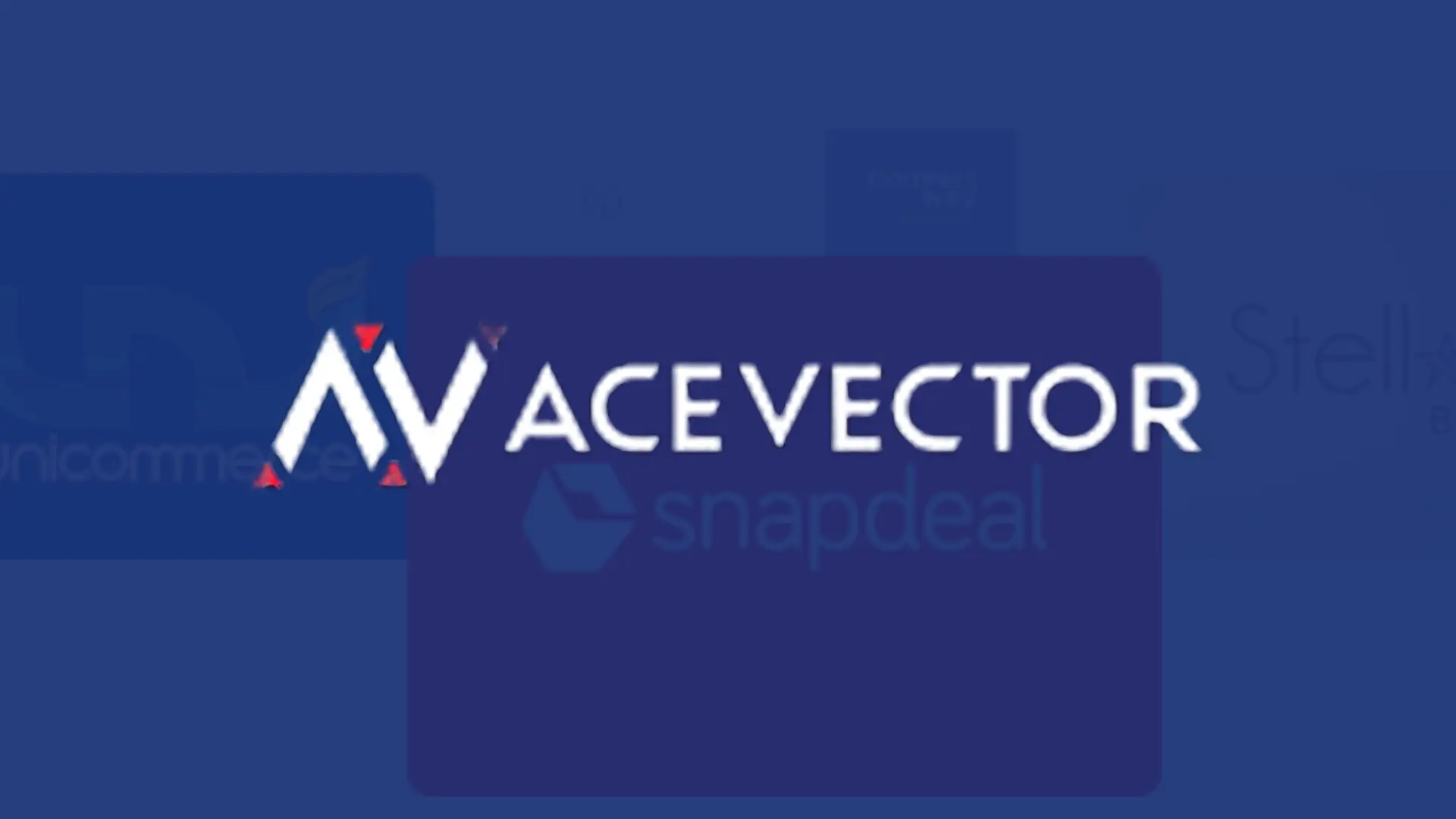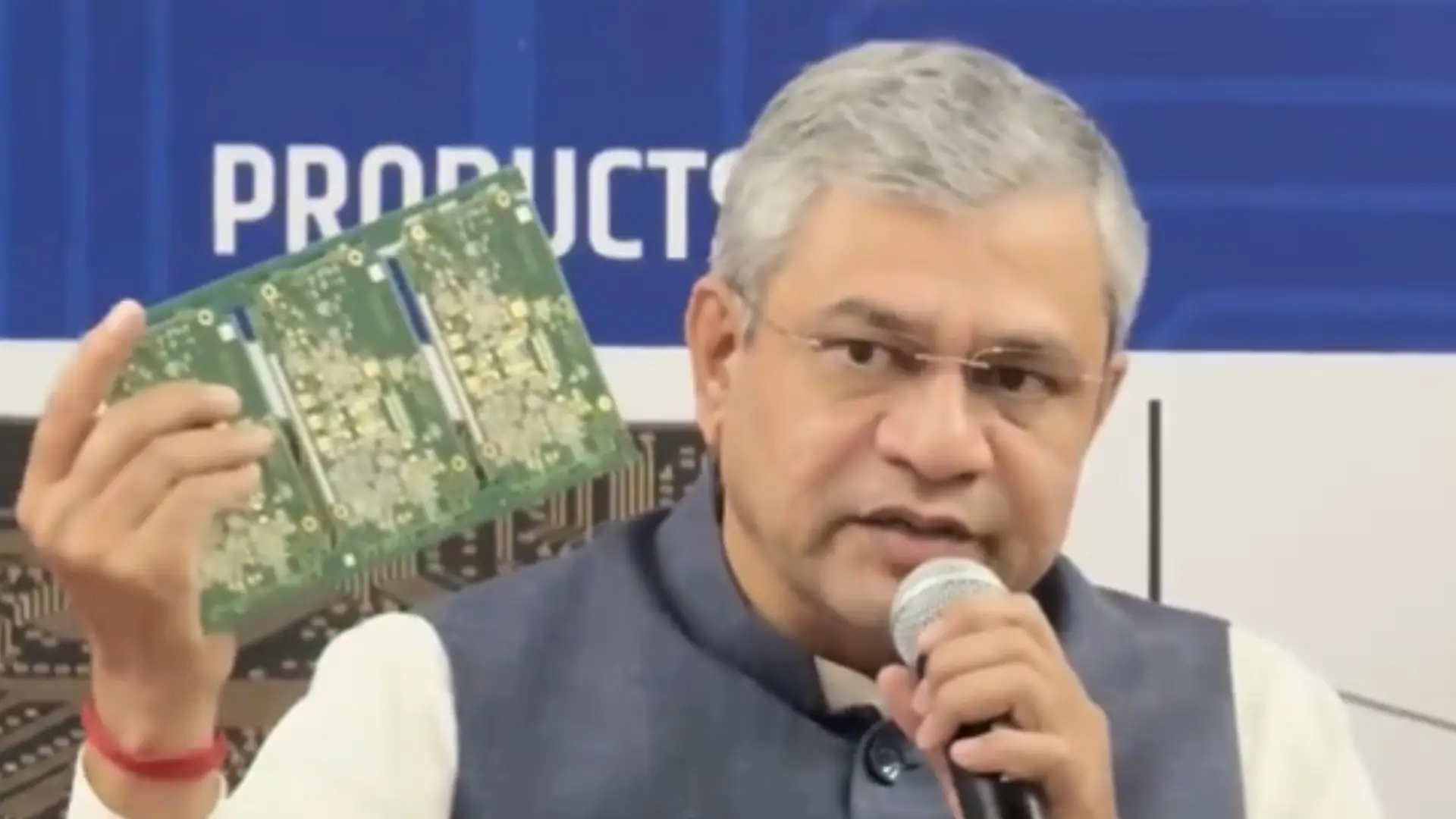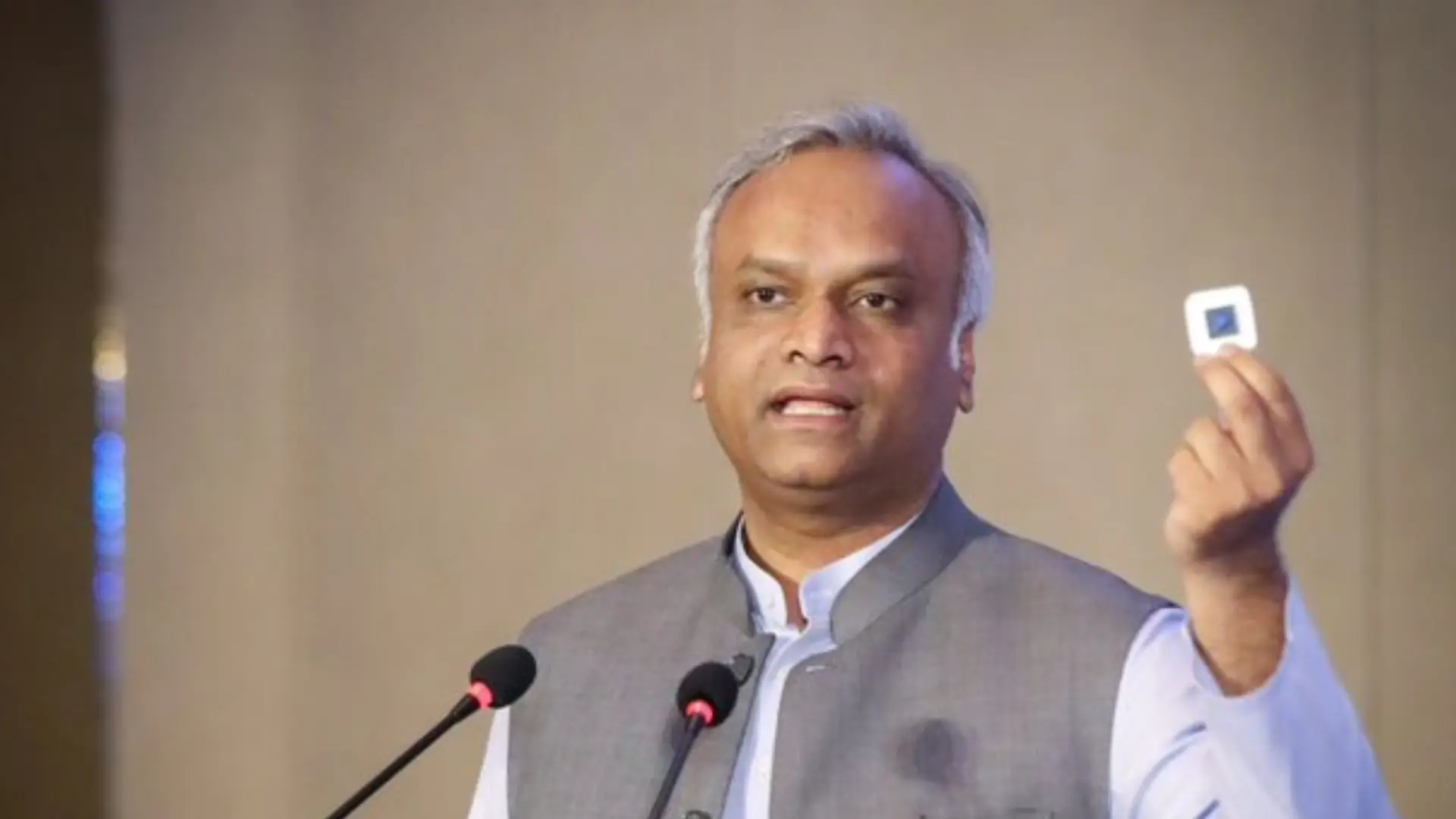Whenever there is news related to Byju’s, there is a high probability that it becomes a topic for debates and discussions. Byju’s is well known for its aggressive strategy and scaling, and as we all know, its growth slowed down after continuous hypergrowth strategies.
Now, among all these scenarios, almost after a long time, it is once again making headlines with the news related to its case of $533 million fund diversion.
For those who have no idea about that, let me explain it to you. The turning point for Byju’s began almost three years ago. In November 2021, Byju’s raised a massive $1.2 billion Term Loan B through its US financing entity, Byju’s Alpha.
These funds were meant to support international acquisitions and push the company deeper into global edtech markets. By mid-2023, the story had taken a sharp turn. Lenders alleged that Byju’s had violated key terms of the credit agreement, from delayed financial disclosures to unclear fund utilization.
What is even more surprising is that nearly $500 million from Byju’s Alpha was missing or untraceable. That’s when the legal battle in the US began.
Lenders moved to enforce their rights under the loan contract, and in November 2023, the Delaware court delivered a major blow to the company by allowing lenders to take control of Byju’s Alpha.
Now there are some allegations that Byju’s founders misguided money into their own companies.
Now, amidst this complex situation, the case has taken another dramatic turn. This time, it again sparked discussion. A fresh filing was submitted to the Delaware Bankruptcy Court, and according to the new court documents, the missing $533 million from Byju’s Alpha was allegedly “roundtripped right back to Byju Raveendran and his affiliates.”
These claims have been made in a declaration from Oliver Chapman, the founder of OCI Limited, the UK-based procurement firm that received most of the disputed money.
The filing also states that once OCI received the money from Byju’s Alpha, the funds did not go toward any legitimate procurement or commercial purpose—not for tablets, not for IT hardware, not for advertising, nothing that Byju’s had earlier claimed. Instead, Chapman alleges that the money passed through a series of opaque transfers, eventually finding its way into a Singapore-based company called Byju’s Global Pte Ltd, which he claims is owned personally by Byju Raveendran.
Within hours, the founders of Byju’s responded, rejecting every allegation made by the lenders.
They said that no part of the $533 million has been used by founders, directly or indirectly, and that the entire amount was spent for the benefit of Think & Learn, which is the parent company of Byju’s.
While this is happening on one side, on the other side, Byju’s parent company slipped into insolvency last year after months of disputes with lenders over huge debt obligations. Now that it has gone into insolvency, the process underway will determine the company’s future—whether it gets restructured, broken up and sold piece by piece, or handed over entirely to a new owner who can rebuild what remains of the once-mighty edtech empire.
The interest has come from players with deep strategic alignment—companies that see value not in the whole of Byju’s but in very specific and high-performing verticals of it.
Manipal Group’s interest is driven by its strong presence in the education sector and its familiarity with the test-prep space through Aakash. On the other hand, Ronnie Screwvala’s upGrad is evaluating components of Byju’s that align with its own strengths: higher education, upskilling, and professional learning. This is the part of Byju’s story that still holds global value, and upGrad sees an opportunity.
Now, one thing that we need to understand is that Byju’s assets and entities still hold value.
Aakash Educational Services was one of India’s most profitable and respected test-prep brands. Even after the uncertain situations, it continued to get admissions, maintain offline centers across the country, and retain strong brand recall.
Byju’s higher education and upskilling vertical is still performing well globally. Not just that—Byju’s has one of the largest K-12 content libraries in the world.
Over the years, Byju’s gathered massive behavioral data on how Indian students learn. This data is priceless for any edtech company trying to scale.
So, that’s what is still holding value for buyers to show interest. Let’s see what happens with Byju’s in the coming days.
Also Read: Is the AI Boom a Bubble? Why Public Doubt and Investor Confidence Don’t Match










